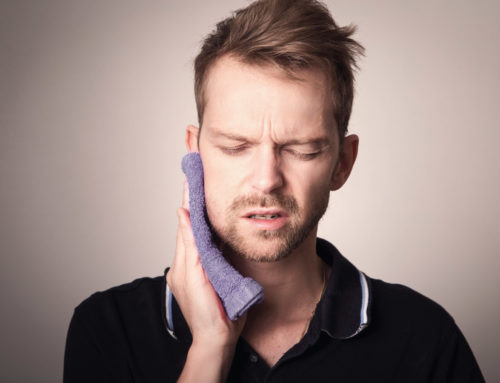As we age, our oral health can be affected by a number of factors. Here are some ways aging can affect oral health:
- Tooth loss: As we age, the risk of tooth loss increases due to a combination of factors such as wear and tear, tooth decay, and gum disease.
- Dry mouth: As we age, the production of saliva decreases, which can lead to dry mouth. This can increase the risk of tooth decay and make it more difficult to swallow.
- Root decay: As we age, the roots of our teeth can become exposed, which can make them more vulnerable to decay and infection.
- Gum disease: The risk of gum disease increases as we age, as the gums can recede, making the teeth more susceptible to infection.
- Oral cancer: The risk of oral cancer increases as we age, especially for those who smoke or use tobacco products.
- Changes in the jaw bone: Jaw bone density can decrease with age, which can make it more difficult to wear dentures and can also affect the overall shape of the face.
- Medications: As we age, we may take more medications, some of which can have negative effects on oral health.
It’s important for older adults to maintain good oral hygiene, including brushing twice a day, flossing once a day, and visiting the dentist regularly. It’s also important for older adults to inform their dentist of any medications they are taking, as well as any changes in their overall health. Regular dental check-ups can help to detect and treat any oral health problems that may arise as we age.



